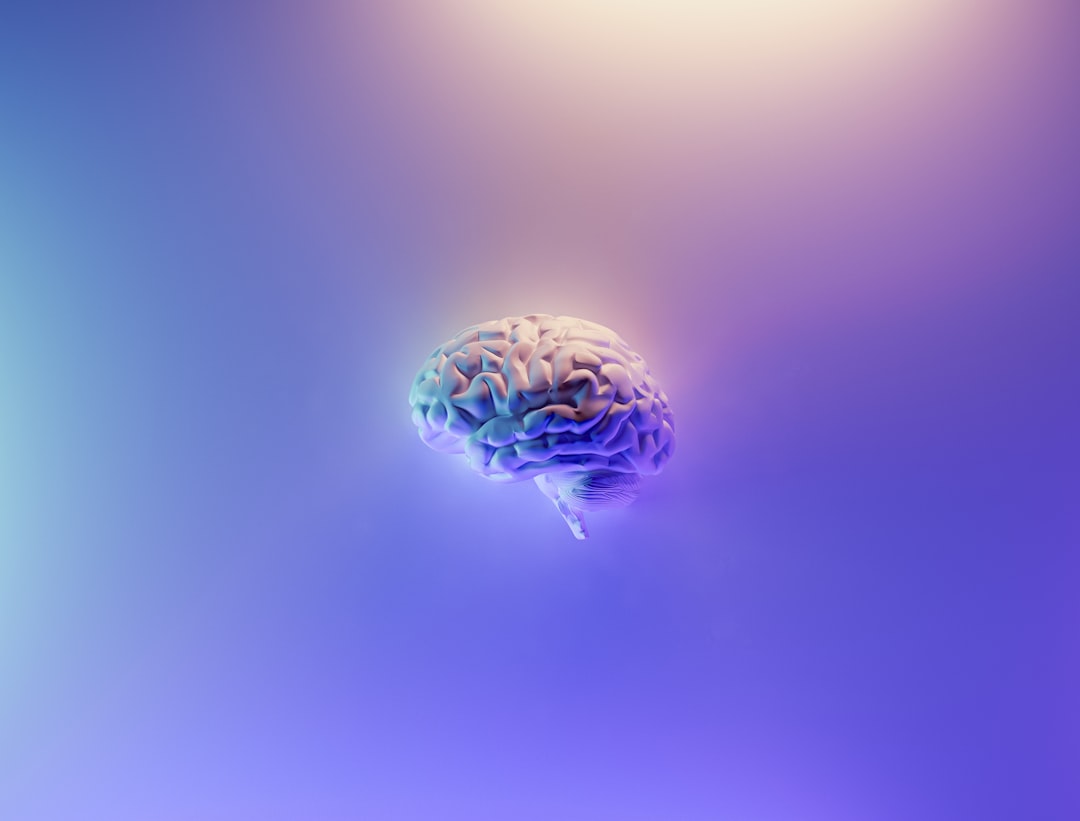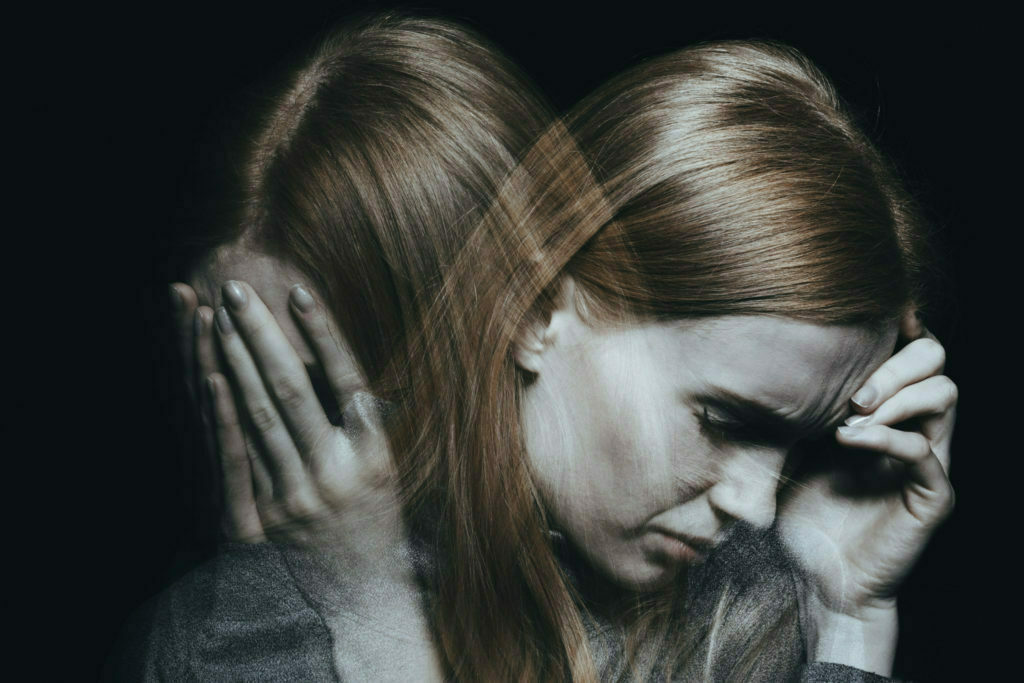Pain and mood are innately connected, and it is necessary to understand this connection in order to manage both conditions effectively. Although pain and mood are not always directly linked – many people with pain do not experience mood problems and many people with mood problems do not experience pain, they do interact in meaningful ways. There is a strong relationship between pain and mood, and it is important to be aware of the ways they engage with each other. If you want to learn more, keep reading to find out about the link between pain and mood.
What is the link between pain and mood?

Pain and mood are two intimately related phenomena. There is a lot of research that suggests that there is a close relationship between pain and mental health. In fact, it is now believed that mental health can worsen pain, and vice versa. It is a two-way street. Studies have shown that the way we feel emotionally can have a significant impact on how much pain we experience. Depression, anxiety, and other mood disorders can all intensify the sensation of pain. Conversely, pain can also lead to mood disorders, such as depression and anxiety.
Chronic pain can lead to changes in the brain’s anatomy and chemistry, including reductions in grey matter and alterations in neurotransmitter levels. These changes can lead to mood disorders, as well as difficulty processing emotion and controlling behavior. Age can also play a role in this relationship, with older adults tending to be more vulnerable to pain-related mood disorders. All of these factors can combine to create a negative feedback loop which can worsen over time. That’s why it’s essential to seek treatment if you’re experiencing mental or physical health issues.
When we are experiencing any type of discomfort, it’s natural to look for remedies like those found in this pain relief kit. Fortunately, there are a number of resources online that can help you find a daily routine that works for you and supports your overall health and wellness. No matter what approach you take, it’s always smart to check with your healthcare provider before adding any products to your routine, including those that contain compounds like CBD. Your doctor can explain how they may impact any health conditions you have or interact with medications you’re currently taking. Your doctor may also be able to recommend pain relief strategies that may be appropriate for you.
What else can you do to improve your mood?

Nature has a way of calming and restoring us that is difficult to replicate in other environments and there is mounting evidence that spending time in nature can reduce stress levels and boost your mood. One study found that people who spent time in nature showed a decrease in cortisol, which is a stress-producing hormone in the body. Whether you take a walk in the park, go for a hike in the mountains, or simply sit outside and take in the sights and sounds of nature, you’ll reap the benefits. Whether you have a mental health condition, an injury, or chronic pain, you may want to look for more opportunities to get outside.
Lack of sleep can also impact your mood and worsen your experience with chronic pain. Sleep deprivation has been linked with increased levels of stress and anxiety. It can also lead to irritability and mood swings. In addition, lack of sleep can interfere with your ability to concentrate and can cause problems with memory and decision-making. Sleep deprivation elevates your risk of heart disease and stroke, and it increases your risk of developing diabetes. It’s hard to overestimate the importance of getting a good night’s sleep.
Whatever the cause may be, it is clear that there is a strong relationship between pain and mood. If you are suffering from chronic pain, it is important to be aware of the possibility of depression and to seek treatment if needed. Likewise, if you are suffering from depression, you need to be conscious of the fact that your mental health condition could affect the way that you experience pain. Our mental and physical health may seem separate, but they are irrevocably intertwined and they need to be treated as such if you want to improve your overall wellness and quality of life.






